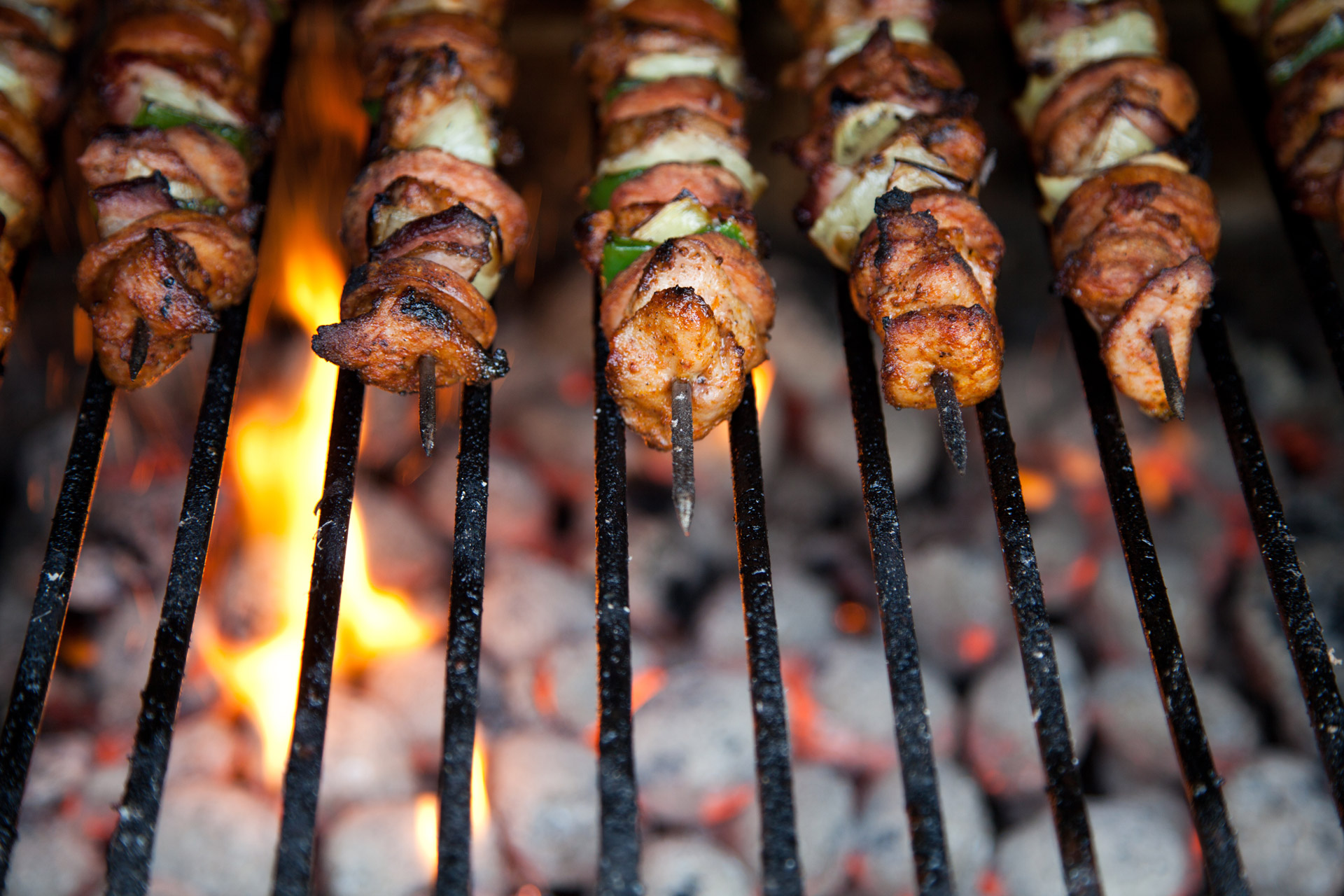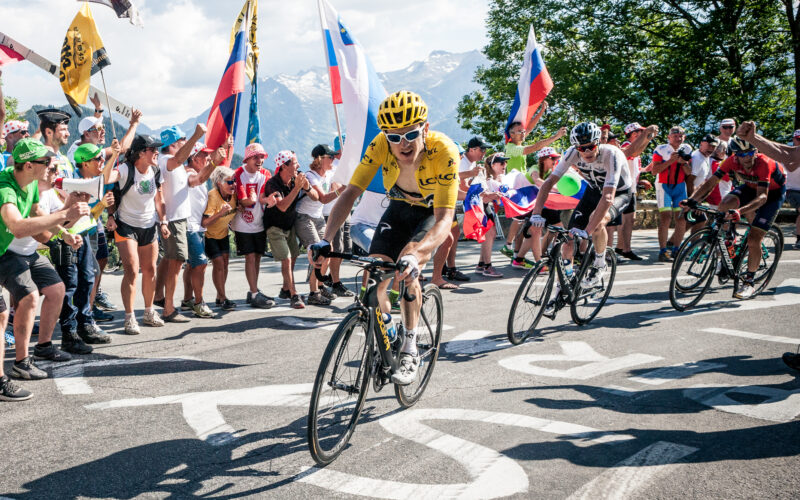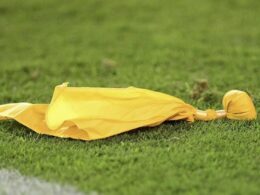The Tour de France is among the most grueling and physically demanding tasks the human body can be put through. A bike race that is more than 2,000 miles long; so how does this event compare to other sporting events? It’s an interesting question that can take a lot of different turns throughout the debate.
The annual bike race consists of 21 day-long stages over the course of 23 days. The stages differ on the level of difficulty with some days raced on mostly flat roads, while others are more mountainous with brutal uphill rides.
The event usually takes place in July primarily in France, though it often passes through nearby countries as well.
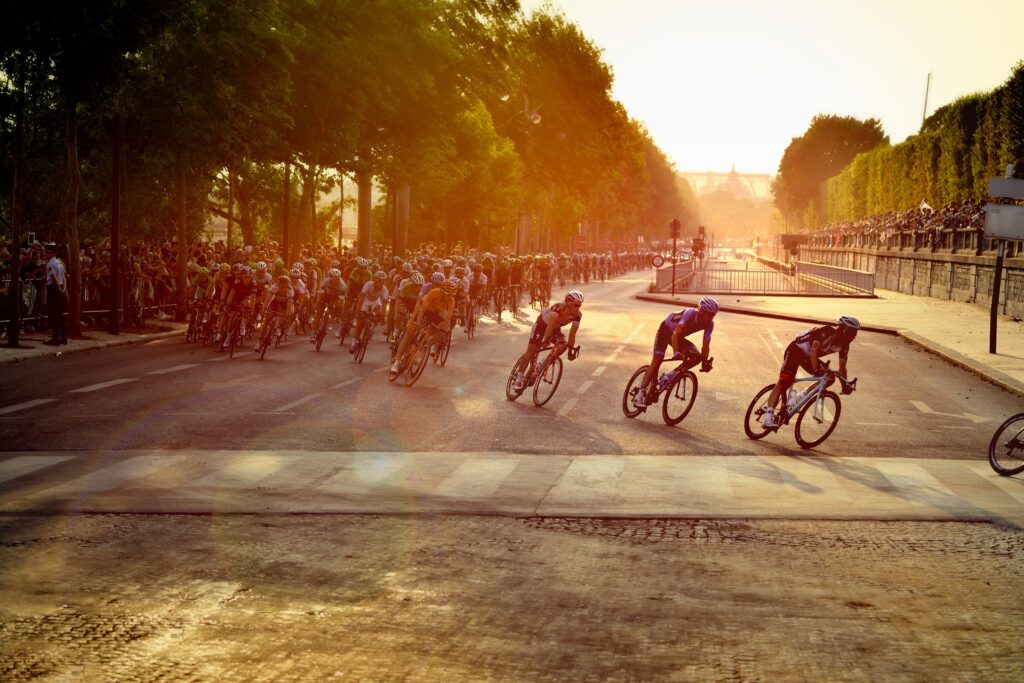
Cyclists can sometimes spend up to six hours in a day on the bike, which is an incredible feat, especially since they receive just two rest days throughout the course of the event. Even on rest days, the competitors will usually spend a few hours riding to keep themselves ready for the next day of racing.
Putting your body through something like this is nowhere close to normal, and the human body is not designed to go that hard, so cyclists will try to find any edge they can to maximize their performance. This type of thinking has led to the sport finding itself dealing with countless doping scandals, most famously Lance Armstrong, who has since been stripped of his seven Tour de France titles.
It’s hard to think of many sports that can last more than six hours in a single day, especially one in which all the competitors are constantly moving. In many of the main sports we consume in America, there is a start-and-stop element to games like football, basketball, baseball and hockey. Sure a basketball game can go up and down and be fast-paced, but it stops constantly for fouls, timeouts and other events throughout the contest.
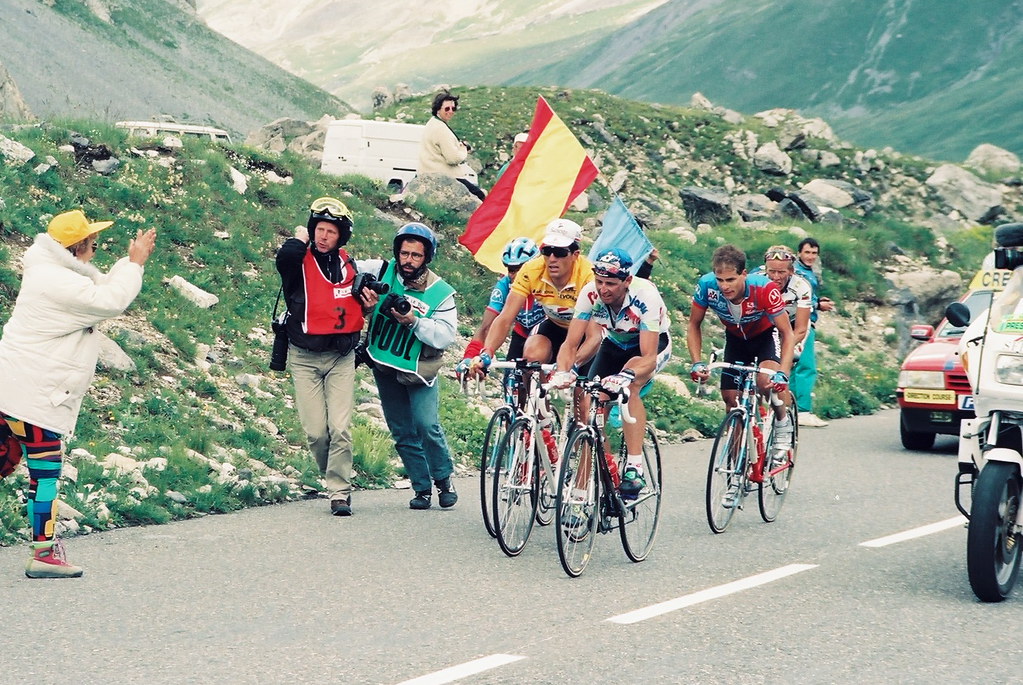
The recovery factor in the Tour de France should not go unnoticed either. While we might struggle to get up in the morning after a couple hours of pickup basketball at the local gym, cyclists bike for six hours, wake up the next morning and do it all over again several days in a row in a feat that is not comparable to any other sporting event. The food consumption for cyclists before and after stages is down to a science at this point as nutrition experts become more of a factor in sports.
The Tour de France is the ultimate test of what the human body can do, and competitors test the limits every year. When people say it’s the toughest sporting event in existence, it’s sure hard to argue with that.
Photo Credit: Google Creative Common Licenses, Pixabay




